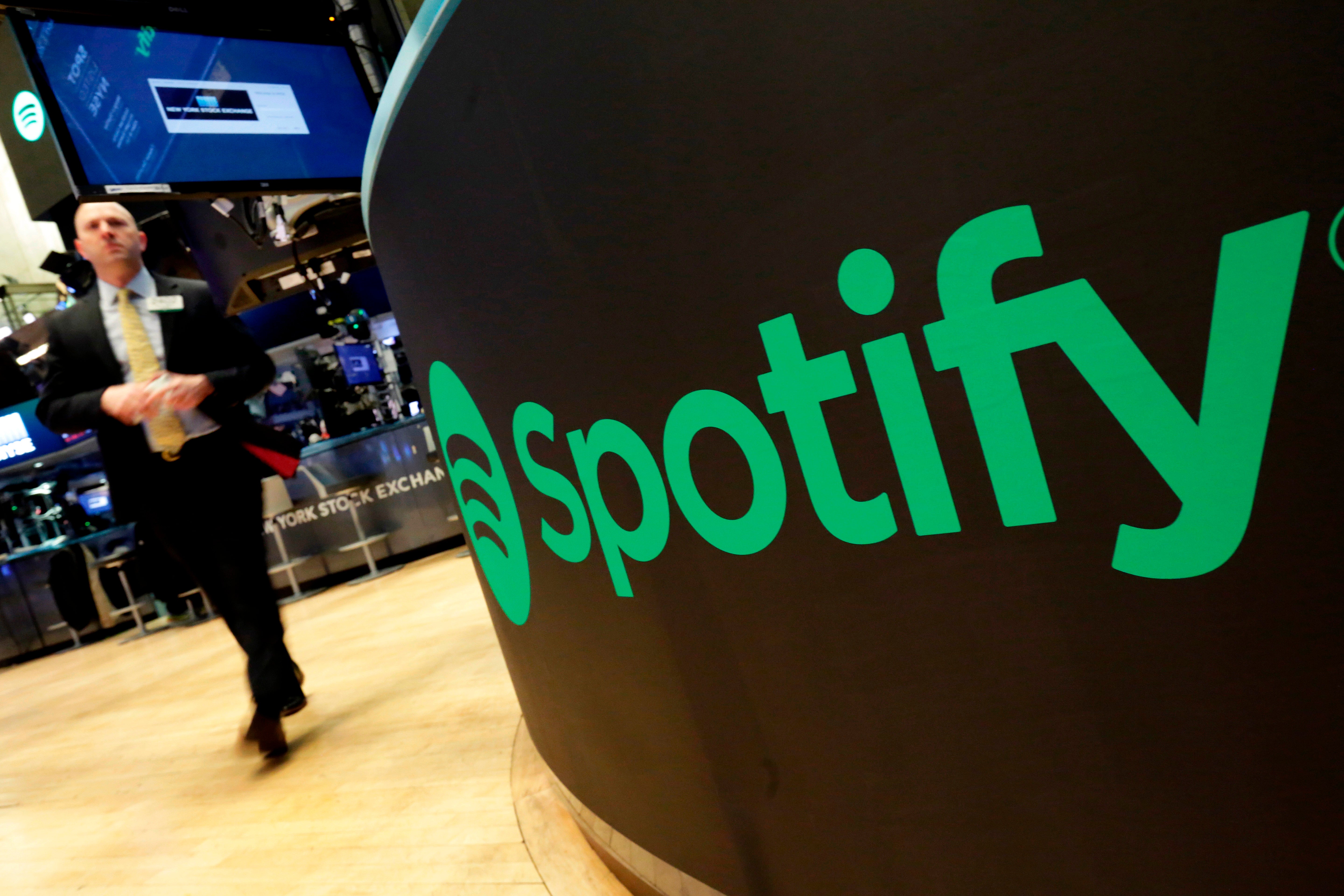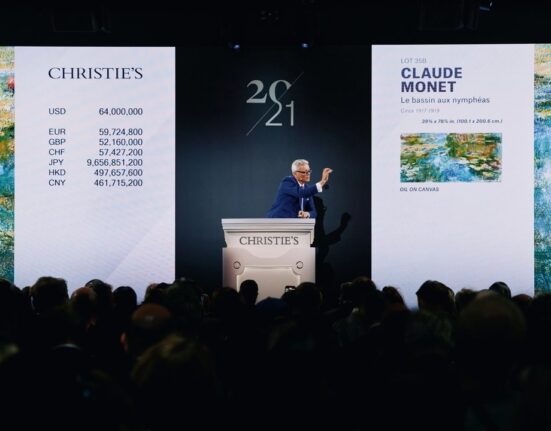Support truly
independent journalism
Our mission is to deliver unbiased, fact-based reporting that holds power to account and exposes the truth.
Whether $5 or $50, every contribution counts.
Support us to deliver journalism without an agenda.

The EU has called for a major overhaul of the music streaming industry to address the imbalance in revenue allocation among performers.
On Wednesday (17 January), Members of the European Parliament (MEPs) voted overwhelmingly in favour of setting up a new EU legal framework to ensure artists are being fairly compensated.
Condemning current “pre-digital royalty rates”, the EU observed that some schemes require musicians to accept lower or zero revenue in exchange for better visibility.
While the resolution itself is nonlegislative, the vote serves as a plea for the European Commission to acknowledge the concerns around music streaming and initiate legislation to address it.
In a press release about the vote, Spanish politician Ibán García del Blanco praised the European Parliament for “giving voice to the concerns of European creators, who are at the heart of the music streaming market”.
“Cultural diversity and ensuring that authors are credited and fairly paid has always been our priority,” he said. “This is why we ask for rules that ensure algorithms and recommendation tools used by music streaming services are transparent as well as in their use of AI tools, placing European authors at the centre.”

In recent years, streaming services have come under pressure to introduce better terms for all artists whose music appears on their platforms.
Spotify was criticised in November after confirming that it would introduce long-rumoured changes to its royalty payments from early 2024, including a policy that requires tracks to achieve a minimum of 1,000 plays every year in order to receive royalties.
Meanwhile, Deezer struck a new deal with Universal Music in September, which means the label’s acts will be paid more if fans actively seek out their music on the platform, as opposed to hearing it automatically on a playlist.
Enjoy unlimited access to 70 million ad-free songs and podcasts with Amazon Music
Sign up now for a 30-day free trial
Enjoy unlimited access to 70 million ad-free songs and podcasts with Amazon Music
Sign up now for a 30-day free trial
The model will prioritise professional musicians (classed as those with a minimum of 1,000 monthly streams from more than 500 individual listeners), giving them an estimated 10 per cent payout increase.
In turn, streaming income will be reduced on the platform for amateur musicians, as well as “non-artist noise audio” such as AI “artists” and white noise soundtracks intended as background music.
The EU is also urging streaming companies to disclose whether AI has been used to create tracks hosted on their platforms, such as a “deepfake” music that mimics real-life artists without their permission.







